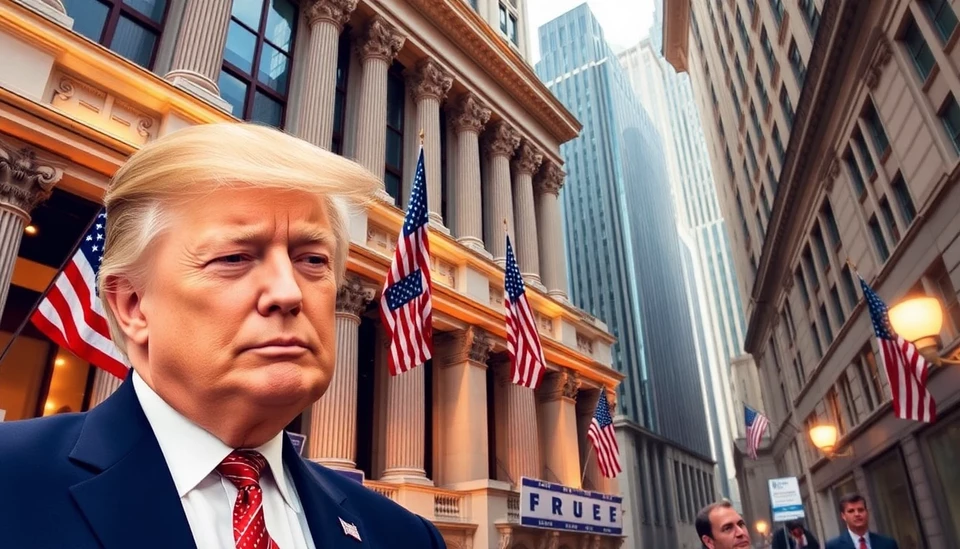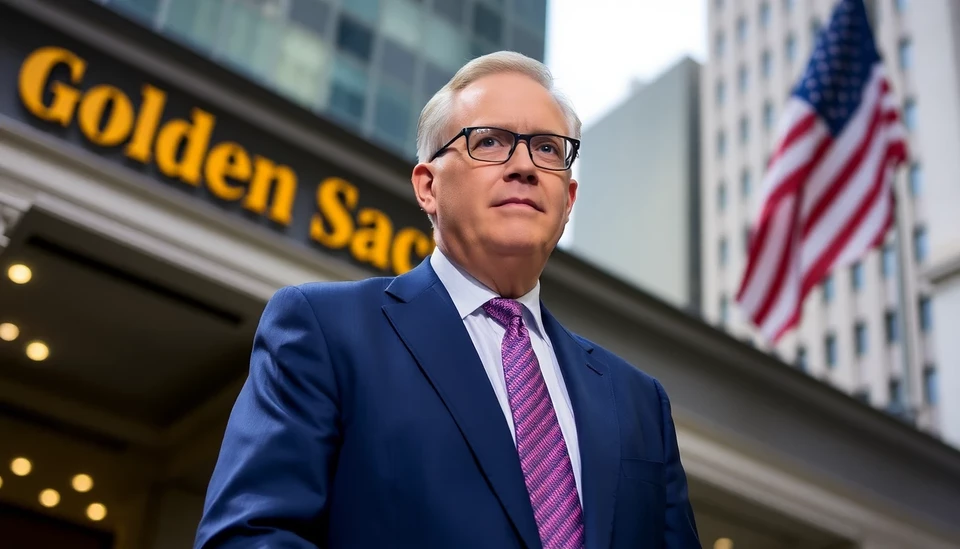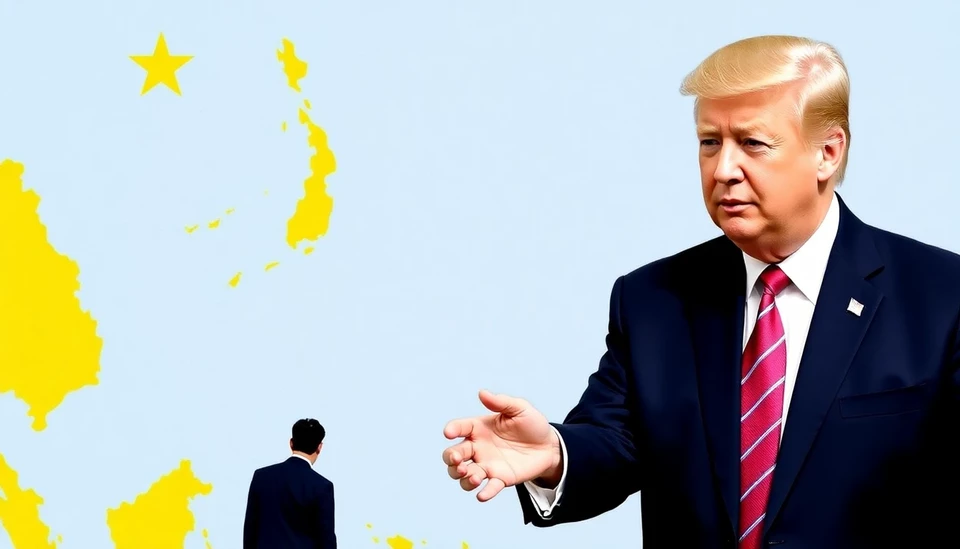
Recent sentiments within the financial markets reveal a striking trend—Wall Street appears to be embracing a rather bullish outlook on the potential for Donald Trump’s return to the political arena in 2024. Despite significant reservations about his past policies and governance style, investors are expressing confidence that a Trump presidency could benefit the stock market and bolster corporate profits.
This optimism stems largely from the perception that Trump’s past economic policies favored corporate interests, which led to a stock market surge during his first term. Many investors are banking on a repeat of that scenario, despite the political and social climate being markedly different today. Analysts note that the excitement doesn’t necessarily stem from unwavering support for Trump’s policies, but rather from a belief that his return to power could potentially revive pro-business sentiments, regulatory rollbacks, and tax cuts.
Several analysts argue, however, that this bullishness might be misplaced. Trump's approach to governance has proven to be highly unpredictable, often resulting in volatility in both political and economic realms. The former president’s controversial stances on trade, immigration, and taxation fueled significant backlash domestically and abroad, leading to economic repercussions that some believe could outweigh potential benefits in a second term.
Furthermore, investors have become increasingly concerned about a potential escalation in political tensions, which could arise should Trump attempt to reclaim the White House. Given the polarized nature of American politics today, many predict that a Trump presidency may hinder rather than help the country’s economic recovery, especially in light of ongoing challenges such as inflation and global supply chain disruptions.
Add to this the fact that financial markets tend to react not just to the policies themselves, but also to the rhetoric surrounding them. The possibility of Trump reentering the political landscape raises questions about trade policy, international relations, and fiscal strategies, leaving many investors feeling uncertain and anxious.
To navigate this landscape, some investors are opting for a cautious approach, balancing their portfolios against the potential risks of a Trump-led administration. Others remain unfazed, continuing to place their bets on the idea that any turbulence from Trump’s leadership would be temporary and manageable.
As the 2024 election cycle accelerates, it remains to be seen whether Wall Street’s current bullish sentiment on Trump will hold firm or falter in the face of reality. Many are watching closely, remaining keenly aware that a significant amount of investor confidence is built on hope rather than data-driven analysis. In an ever-evolving political environment, the implications of Trump’s resurgence could have far-reaching effects on both Wall Street and Main Street alike.
As the political landscape continues to shift, investors are encouraged to stay informed, as the next few months may be pivotal in determining the trajectory of both the financial markets and the broader U.S. economy. The sentiment surrounding Trump's potential candidacy reflects not only personal biases but also the broader implications of political leadership on economic health.
In conclusion, as the 2024 election looms, Wall Street's reaction to Trump's candidacy becomes a bellwether for understanding the interplay between politics and economics, shedding light on how investor behavior can shape market outcomes amidst uncertainty.
#Trump2024 #WallStreet #Investing #Economics #StockMarket #PoliticalClimate #InvestorSentiment
Author: Daniel Foster




